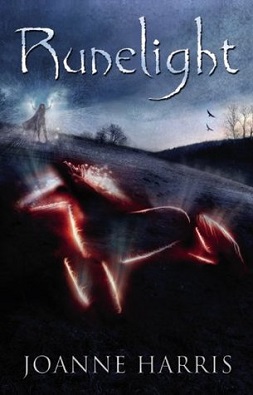This novel by Christobel Kent definitely had me going, trying to figure out who was to be trusted and who not; I was totally surprised by the final reveal of major characters' motives. Before Fran met Nathan Hall, she was attracted to flashy men who were mostly trouble, while also being a lot of fun; she has recently broken up with club owner, Nick, for reasons we don't learn about until nearly the end of the book. Weeks later, at a dinner party given by her best friend Jo, she meets Nathan and he charms Fran so completely that she takes him home for the night and within 3 months they are married and she is pregnant with their first child. Friend Jo is horrified that Fran has decided to marry, leave her job as a magazine writer, and become a stay at home mom. Nathan is ostensibly in the building trade and is constantly gone to conferences, leaving Fran alone at home with a young child and very bored. Invited to a party at a posh club sponsored by her former employer, she has a fling, but then feels so guilty, she readily agrees to move back to Nathan's old stomping grounds, the English fens, when he suggests it would be a better place to raise children.
A second child, this time a son, is born but their relationship has become emotionally controlling and cold on Nathan's part. He still doesn't want her to work or have a car and he even manages to accidentally spill something on her computer so she no longer has access to the internet. She awakens one night when he returns from the pub and is surprised when he initiates sex with her. Some time later, she is again awakened--this time by her infant son--and discovers her husband is not in bed. She looks everywhere in the house and then outside, where she discovers him stabbed to death in a drainage ditch. The misogynistic policemen assume Fran has killed her husband and treat her claims of seeing a man watching the house with scepticism. There are so many red herrings in this book, you could make a meal of them. As the investigation progresses, Fran learns that Nathan was not who she thought he was. Fran is hiding secrets of her own and is not telling the police some key information, which makes them suspect her even more. Fran is fearful that the killer could come back, and, indeed, chocolates and flowers appear at her door. Still the police refuse to take her concerns seriously.
I like this excerpt from Kirkus' review: "The mystery is a slow-burn but is startlingly effective at this pace. The gradual unfolding of truth allows Kent to also explore Fran’s stages of grief, her perspective of a world turned completely upside down, first by murder, then by the faintly sinister investigators, and then by the power of the secrets in Nathan’s life and in her own. Fran seems utterly, heartbreakingly alone in her loss and in her world, but she maintains a driving sense of self that becomes stronger in the face of adversity. The novel’s other great strength is its raw, wild setting. The rough blankness of the landscape serves to emphasize the characters’ struggles; this is no bucolic vision but a stark, depressing look at an insular rural area." I agree with their assessment that this is "a truly chilling, absorbing read."











